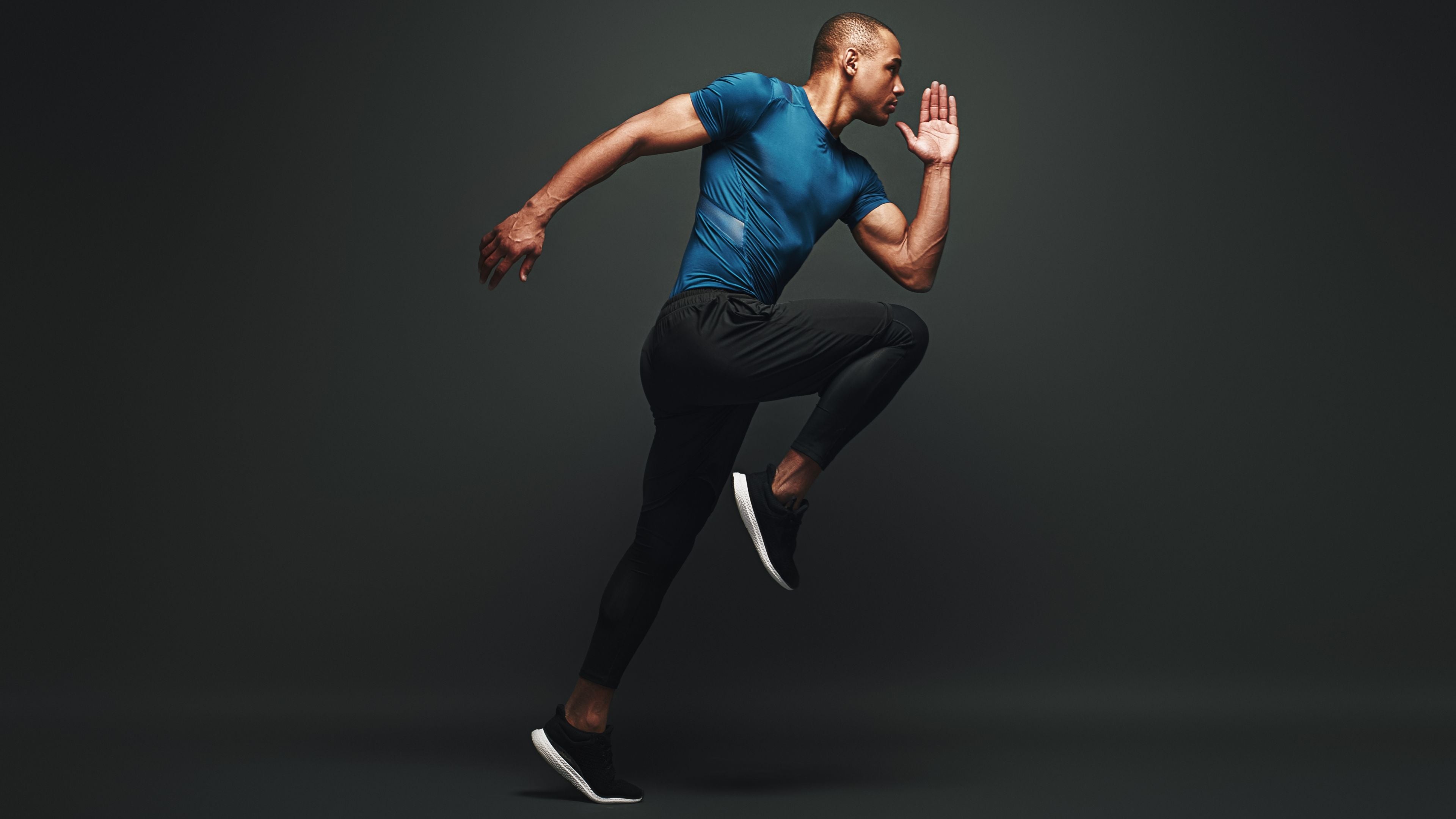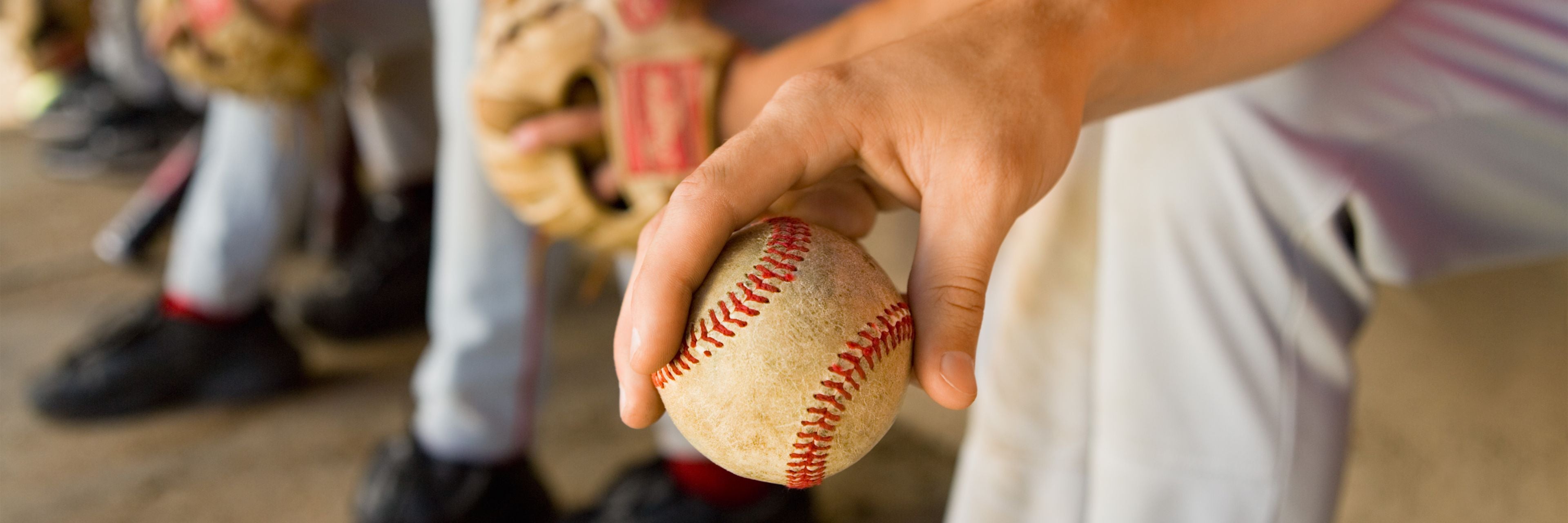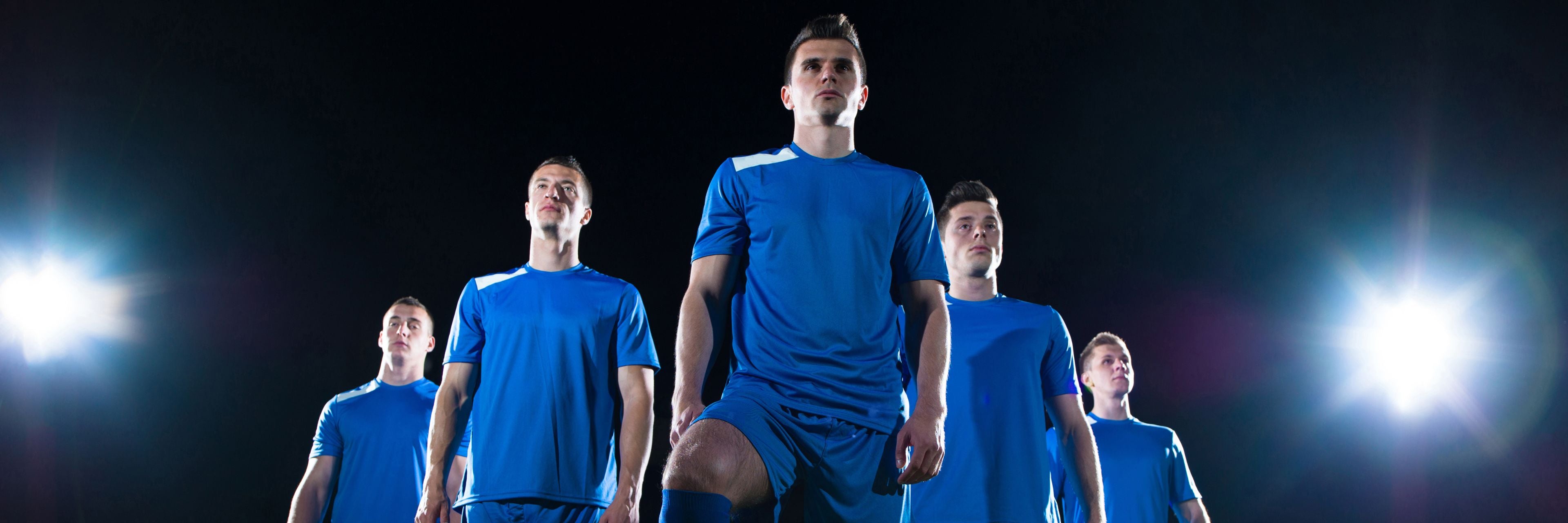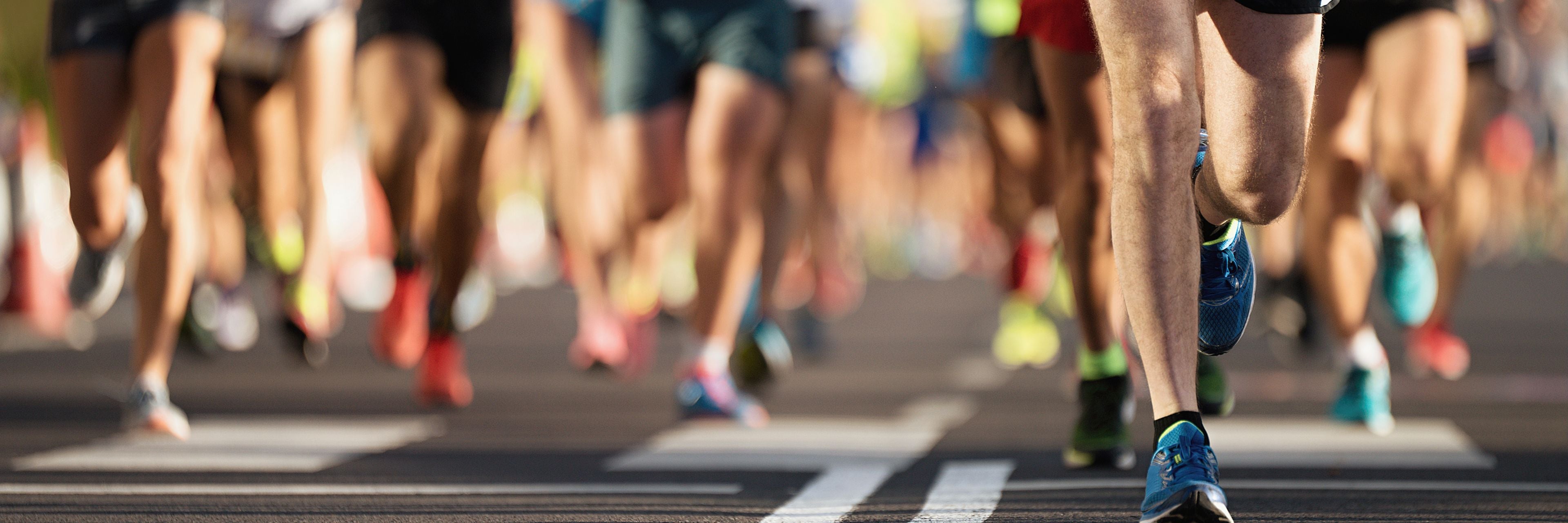Train Smarter. Recover Faster. Perform at Your Peak.
As an athlete, you understand that success is as much mental as it is physical. Research has shown that mental imagery and visualization significantly enhance sports performance by improving motor execution, reaction times, and overall confidence in high-pressure situations (Guillot & Collet, 2008). Similarly, studies indicate that meditation-based interventions can increase focus, decrease stress levels, and enhance recovery by optimizing autonomic nervous system function (Tang, Hölzel, & Posner, 2015).
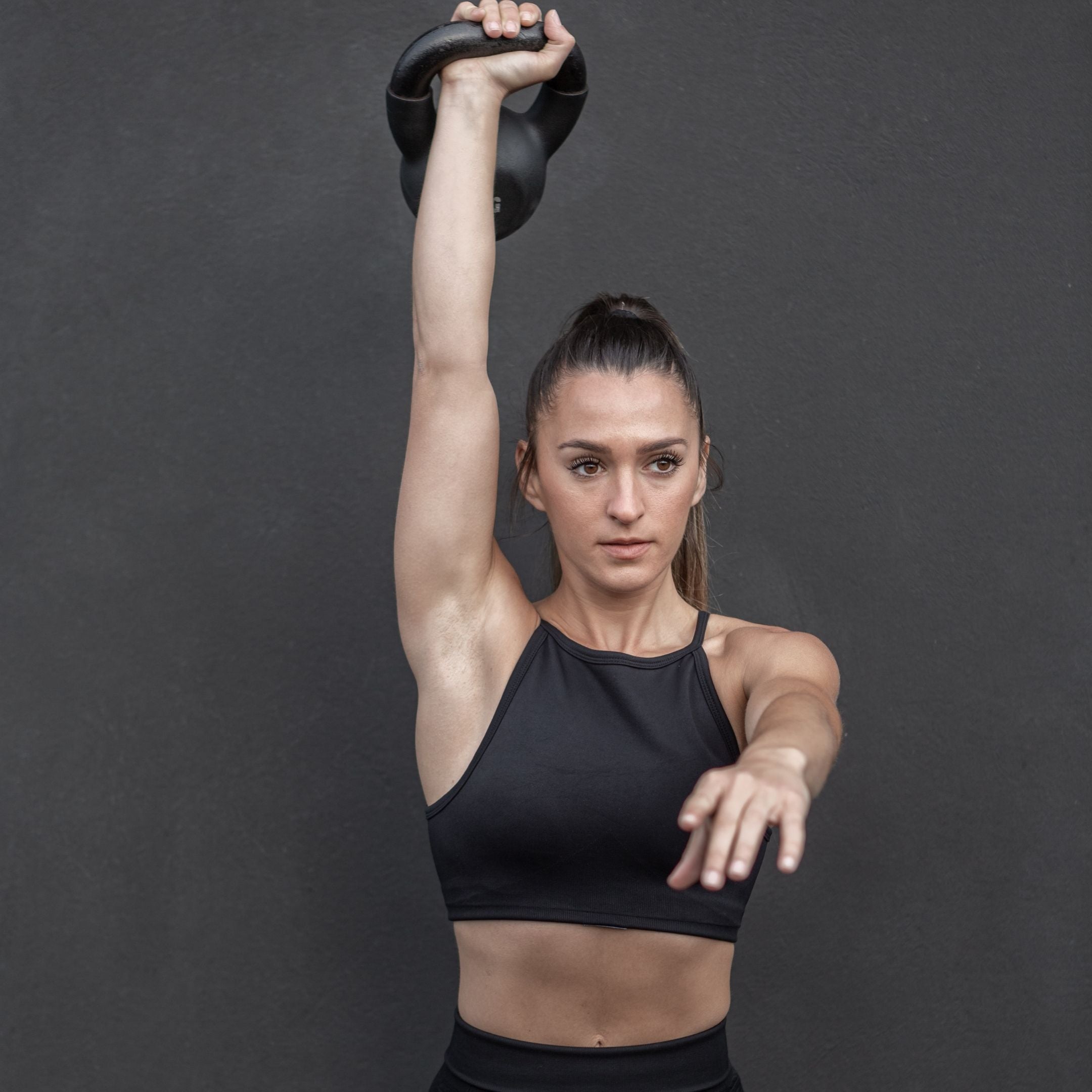
At Ascendify Wellness, we offer high-performance athletes a science-backed, effortless approach to:
- Accelerate muscle recovery & reduce inflammation
- Enhance focus, mental clarity & game-time confidence
- Train your brain to visualize peak performance
- Strengthen stress resilience & reduce competition anxiety
- Optimize sleep & boost energy levels
Utilizing Theta Wave Sound Meditation & Guided Visualization, we help MLB players, professional golfers, pickle ballplayers, runners, and other elite athletes refine their mental game, expedite recovery, and achieve peak performance, all without lifting a finger.
Why Arizona's Top Athletes Choose Passive Recovery
Your body's performance can be compromised if your nervous
system is overwhelmed by training stress and competition pressures. Research indicates that dysfunctional breathing patterns can negatively affect pulmonary function in athletes, while diaphragmatic breathing is associated with improved respiratory efficiency and performance (Szczegielniak et al., 2023). Additionally, slow breathing techniques have been shown to enhance autonomic regulation, increase heart rate variability, and improve psychological well-being, all of which are beneficial for athletic performance (Zaccaro et al., 2018). In contrast, Theta brainwave activation has been associated with improved cognitive performance, emotional regulation, and parasympathetic activation that supports focus, recovery, and mental clarity (Cahn & Polich, 2006; Tang, Hölzel, & Posner, 2015).
Through passive biohacking techniques, we guide athletes into the Theta brainwave state, a scientifically proven method to enhance focus, optimize recovery, and improve game-time performance (Cahn & Polich, 2006).
-
Baseball Players
Improve batting accuracy, reaction time, and resilience throughout the season.
-
Golfers
Enhance course focus, mental sharpness, and clutch performance under pressure.
-
Runners
Reduce pre-race anxiety, improve pacing focus, and accelerate post-run recovery for stronger race-day performance.
-
Pickle Ball Players
Sharpen reflexes, improve court awareness, and boost recovery to maintain peak performance during fast-paced matches.
-
High-Performance Athletes
Train your nervous system to optimize endurance, precision, and recovery effortlessly.
How Visualization Improves Athletic Performance:
This customized visualization session is ideal for athletes in fast-paced, high-pressure sports. Whether you're on the court, field, or pitch, you'll learn how to mentally prepare for game-day execution with clarity, precision, and calm. Designed to improve reaction time, decision-making, and situational awareness, this session helps you stay sharp from warm-up to the final whistle.
What Elite Athletes Gain From Mental Training:
Enhance Muscle Memory & On-Field Execution
Use visualization techniques to reinforce neural pathways that support game-time coordination, agility, and execution across sport-specific movements (Guillot & Collet, 2008).
Strengthen Mental Resilience Under Pressure
Mental skills training programs have been shown to significantly enhance athletes' mental toughness and coping abilities, enabling them to maintain focus and composure during high-pressure situations (Kegelaers, 2023).
Boost Confidence & Competitive Mindset
Cultivate a high-performance mindset that thrives under pressure, allowing you to stay calm, focused, and execute successfully during critical game moments.
Which Athletes Need Visualization Training:
-
Baseball, football, basketball, volleyball, and soccer athletes
-
Position-specific training (quarterbacks, point guards, setters, etc.)
-
High school, collegiate, and professional athletes
Elevate your competitive edge!
Why Coaches Choose Sound Meditation for Teams:
Great teams aren’t just physically trained, they’re mentally in sync. This group-based session helps entire rosters build mental clarity, regulate the nervous system, and support each other’s performance through customized visualization and recovery techniques. Perfect for tournament prep or mid-season mindset resets.
Team Performance Benefits That Actually Matter:
Pre-Game Mental Alignment for Team Cohesion
Implementing team-based visualization exercises can enhance strategic alignment, boost collective confidence, and improve coordinated performance under pressure (Fadare et al., 2022).
Post-Game Recovery for Whole-Team Reset
Guided mindfulness-based mental training can effectively reduce mental fatigue and support recovery in team sport athletes following competition (de Souza et al., 2021).
Injury Resilience & Longevity Support
Meditation and nervous system regulation techniques support improved recovery, reduce mental and physical fatigue, and may help athletes sustain performance over time by reducing the effects of chronic stress and overtraining (Tang, Hölzel, & Posner, 2015; Tosti et al., 2024).
Sports Teams That Benefit From Sound Meditation:
-
Baseball, football, basketball, volleyball, and multi-sport teams
-
Recovery from travel baseball teams and club programs
-
Coaching staff and performance managers seeking teamwide support
Build Your Team's Championship Mindset: Schedule Your Mobile Team Sessions at Your Arizona Facility
How Sound Meditation Helps Runners Perform Better:
Whether you're preparing for a marathon, a 5K, or a relay, racing is as much mental as it is physical. In the days leading up to a race, athletes often face increased anxiety, disrupted sleep, and cortisol spikes. This curated experience helps runners quiet their nerves, restore internal balance, and visualize a confident, focused performance before they even step up to the start line.
Race Day Benefits Every Runner Needs:
Reduce Pre-Race Anxiety & Improve Focus
Through guided sound meditation and visualization techniques, runners can regulate their nervous system, reduce performance anxiety, and increase mental clarity. Studies show that these practices improve emotional regulation and executive function before competition (Tang, Hölzel, & Posner, 2015).
Enhance Mindset, Confidence & Coordination
Mental imagery has been shown to enhance motor execution, coordination, and confidence, even under pressure. This session helps runners visualize the course, pacing, and strong finishes, reinforcing the brain-body connection before race day (Guillot & Collet, 2008).
Improve Sleep, Recovery & Readiness
Pre-race meditation and sound-based nervous system tuning can reduce cortisol levels and promote deeper sleep, supporting faster muscle recovery and optimal energy levels (Akimoto et al., 2018; Tang et al., 2015).
Visualize Success & Build Mental Endurance
Mental imagery has been proven to improve neuromuscular coordination and performance accuracy. This session allows runners to visualize pacing, overcome potential obstacles, and mentally “practice” the course (Guillot & Collet, 2008), giving them an edge both before and after the race.
Runners & Events We Serve:
-
Distance runners, racewalkers, and recreational athletes
-
Marathon expo wellness vendors for race expos, training groups, and post-race recovery zones
-
Athletes seeking emotional balance and mental strength before the big day
-
Coaches and wellness leaders looking to boost team-wide readiness and recovery
Ready to Hit Your PR Without the Pre-Race Panic?
Run stronger, recover faster, and cross the finish line with clarity and calm: book your runner-focused session today.

Science-Backed Recovery Trusted by Arizona Athletes
Our Theta Wave Sound Meditation & Visualization techniques offer a scientifically supported, effortless biohacking method to help athletes train smarter, recover faster, and perform at their peak.
✔️ Trusted by elite athletes & coaches
✔️ Tailored sessions for individuals & teams
✔️ In-person & on-location services in Arizona
References
Akimoto, K., Hu, A., Yamaguchi, T., & Kobayashi, H. (2018). Effect of 528 Hz Music on the Endocrine System and Autonomic Nervous System. Health, 10(9), 1159–1170. Read the full study here
Cahn, B. R., & Polich, J. (2006). Meditation states and traits: EEG, ERP, and neuroimaging studies. Psychological Bulletin, 132(2), 180-211. Read the full study here
de Souza, L. F., et al. (2021). Effect of mindfulness training on fatigue and recovery in elite female volleyball athletes: A randomized controlled trial. Frontiers in Psychology, 12, 791935. Read the full study here
Fadare, A. S., Lambaco, P. E., Mangorsi, B. Y., Lorchano, J.D. L., & Tercio, B. J. (2022). A Voyage into the Visualization of Athletic Performances: A Review. American Journal of Multidisciplinary Research and Innovation, 1(3), 105–112. Read the full study here
Guillot, A., & Collet, C. (2008). Construction of the motor imagery integrative model in sport: A review and theoretical investigation. International Journal of Sport and Exercise Psychology, 6(1), 31-44. Read the full study here
Kegelaers, J. (2023). Are we really studying resilience in sport? A critical review of adopted methodologies. Frontiers in Psychology, 14, 1270887. Read the full study here
Szczegielniak, J., et al. (2023). Influence of the breathing pattern on the pulmonary function in athletes. Scientific Reports, 13, 51758. Read the full study here
Tang, Y.-Y., Hölzel, B. K., & Posner, M. I. (2015). The neuroscience of mindfulness meditation. Nature Reviews Neuroscience, 16(4), 213-225. Read the full study here
Tosti, B., Corrado, S., Mancone, S., Di Libero, T., Carissimo, C., Cerro, G., Rodio, A., da Silva, V. F., Coimbra, D. R., Andrade, A., & Diotaiuti, P. (2024). Neurofeedback training protocols in sports: A systematic review of recent advances in performance, anxiety, and emotional regulation. Brain Sciences, 14(10), 1036. Read the full study here
Zaccaro, A., et al. (2018). How breath-control can change your life: A systematic review on the psycho-physiological correlates of slow breathing. Frontiers in Human Neuroscience, 12, 353. Read the full study here
